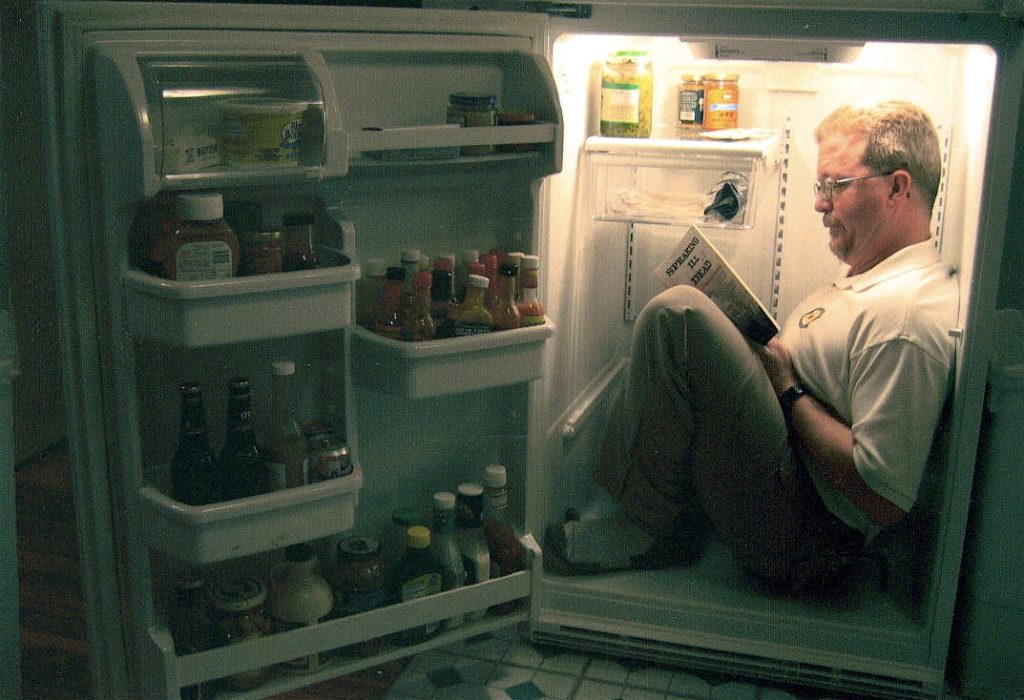The word comes up with some frequency when reading about meditation. We try to sit still… and allow the mind to become still. Applying the definition above, sound is pretty simple. We try to find a quiet place to meditate to avoid distracting sounds but some — I’ve read — can tune out the sounds around them. It’s the movement of our thoughts (non-stop) that seems to get in the way of stillness when meditating. And the only way to stop that movement is to silently observe thoughts as they come and go. Such awareness somehow… dissolves or dissipates thoughts.
What, I wonder, would be the experience of such internal stillness? What would that be like? With which of our senses would we notice stillness? Not sure what stillness would look like. Assuming there were little or no sound to hear, what would mental stillness sound like? I’m tempted to say it’s more of a feeling than a sensation but “feeling” is a pretty slippery word. We all have feelings but we don’t know where they come from and we have no more control over them than we do thoughts. I think we need that sixth sense to experience Stillness: consciousness or, better still, awareness.
But stillness is a fragile state. Even the thought, “So, this is stillness” breaks the… spell? Like so much in meditation, “trying” gets in the way. “Alright everybody, BE STILL!” Doesn’t work. We don’t find stillness, stillness finds us.



